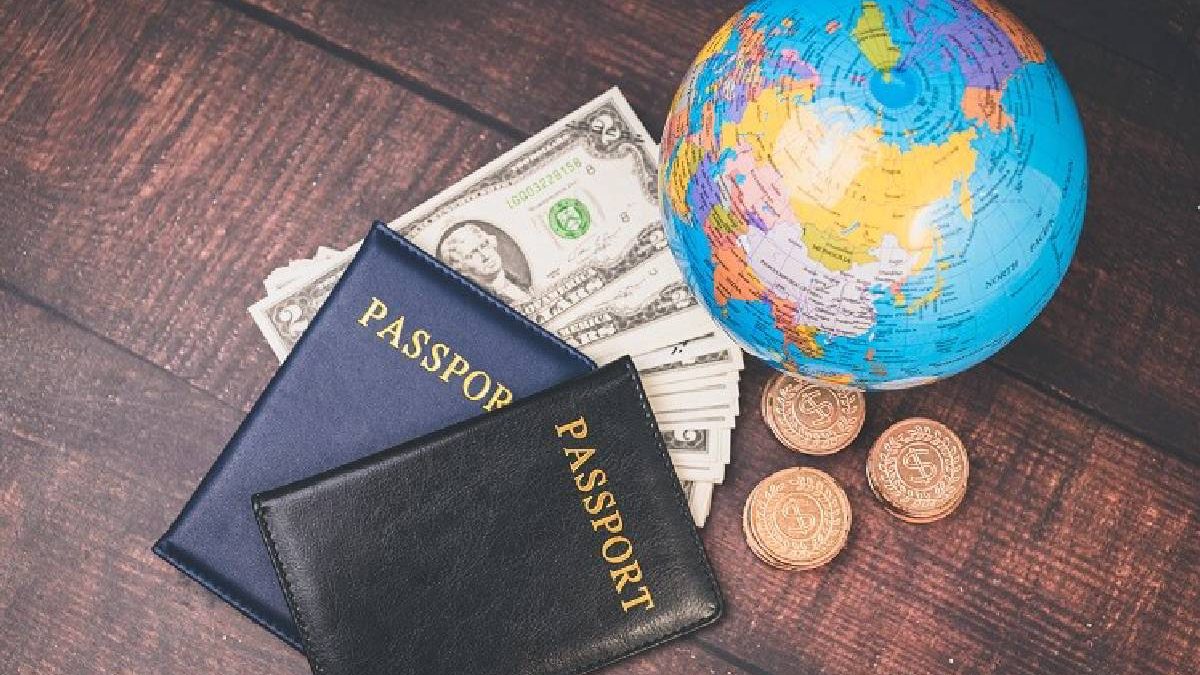Resolving doubts regarding the DS-3053 statement of consent validity
Notaries must be diligent and watchful in light of concerns about the validity of theDS-3053 Statement of Consent, especially in situations where there is suspicion of fraud or coercion. Notaries play an important role in preventing fraud and misbehavior and maintaining the integrity of the notarial process by looking for indicators of possible deceit, confirming the document’s validity, and adhering to legal and ethical requirements. The DS3053 Statement of Consent and the proper granting of passports to minors are both bolstered by the diligent work of notaries, who provide credibility to the document.
Recognizing indicators of deception or pressure
The Statement of Consent may face questions about its legitimacy due to possible allegations of fraud or coercion in acquiring the signature of the parent or legal guardian. During the notarization procedure, the authorities doing the notarization must be on the lookout for any indications of possible manipulation or deceit. This involves checking the document thoroughly for any discrepancies, confirming the signer’s identity using recognized means of identification, and watching the signer’s behavior for signs of pressure or manipulation. Notaries may also ask about the signer’s mental state and any other influences to determine whether the signing was voluntary and free of coercion. The document may be kept secure and bogus passport applications prevented if notaries keep an eye out for warning signs and respond accordingly when they suspect fraud or coercion.
Authentication and verification of paperwork
Verifying the document’s legitimacy and making sure it hasn’t been changed or tampered with in any way is another worry about the DS 3053 authenticity. In order to ensure the document’s legitimacy, notaries must thoroughly examine it for indications of fraud, such as:
- differences in the information given;
- suspicious typos;
- unusual handwriting.
To further ensure the document’s authenticity, notaries may use sophisticated authentication methods like electronic verification tools or screening for security features. If a notary has reason to believe that a document has been falsified or tampered with, they have the right to refuse to notarize the document and instead notify the proper authorities. While notaries check identities and examine paperwork, they must also watch the parent or guardian’s manner and conduct when they sign the DS3053. Notaries have special training to determine whether or not a signer is of sound mind and can and will sign a document freely and without fear of reprisal. Additional examination may be necessary if there are indications of hesitancy, resistance, or outside interference.
Ethical and legal responsibilities
Maintaining the honesty of the notarization procedure and doing one’s utmost to avoid wrongdoing are notaries’ legal and ethical duties. Following all applicable state rules and regulations regarding notarial acts, keeping precise records of papers that have been notarized, and notifying the proper authorities of any suspicions of fraud or coercion are all part of this. Also, notaries need to be careful and use their best judgment when faced with events that make them question the Statement of Consent’s validity. They need to take the necessary steps to avoid problems or dangers. Notaries are vital in maintaining the trustworthiness and legitimacy of the notarial procedure and guaranteeing the lawful and uncompromised acquisition of the Statement of Consent by adhering to their ethical and legal responsibilities. Resolving doubts regarding the DS-3053 statement of consent validity

